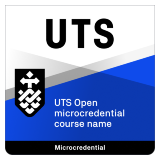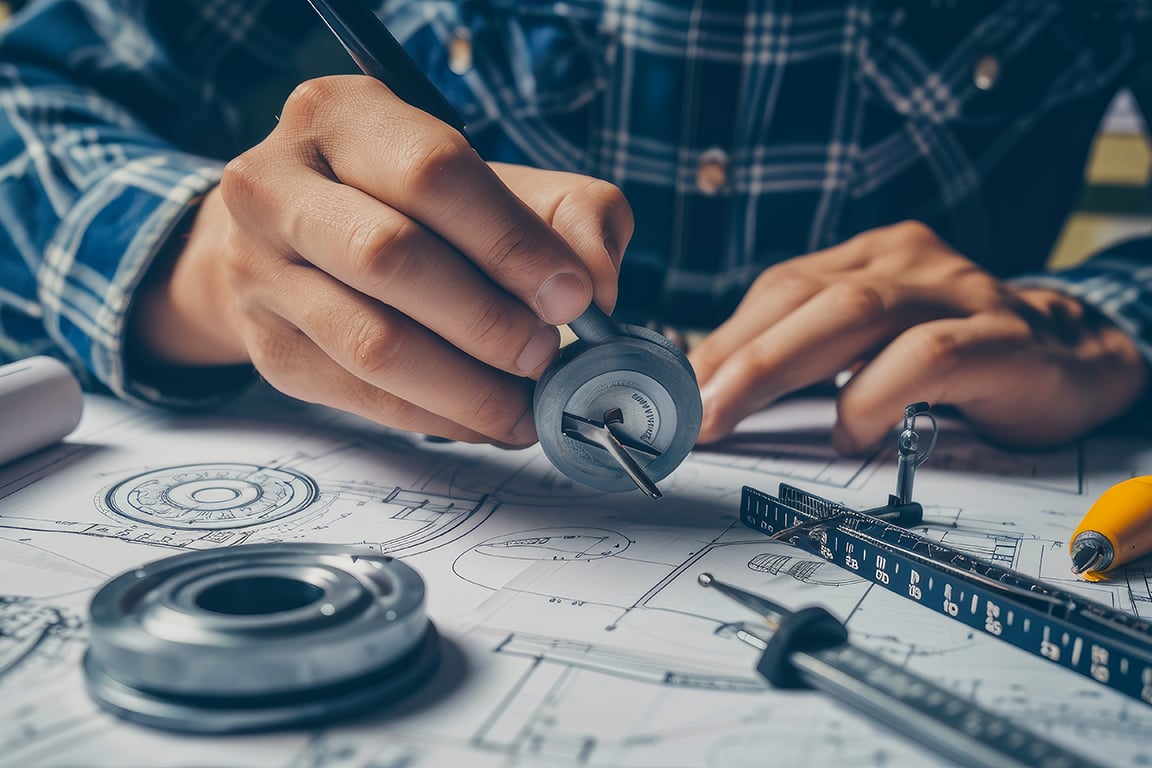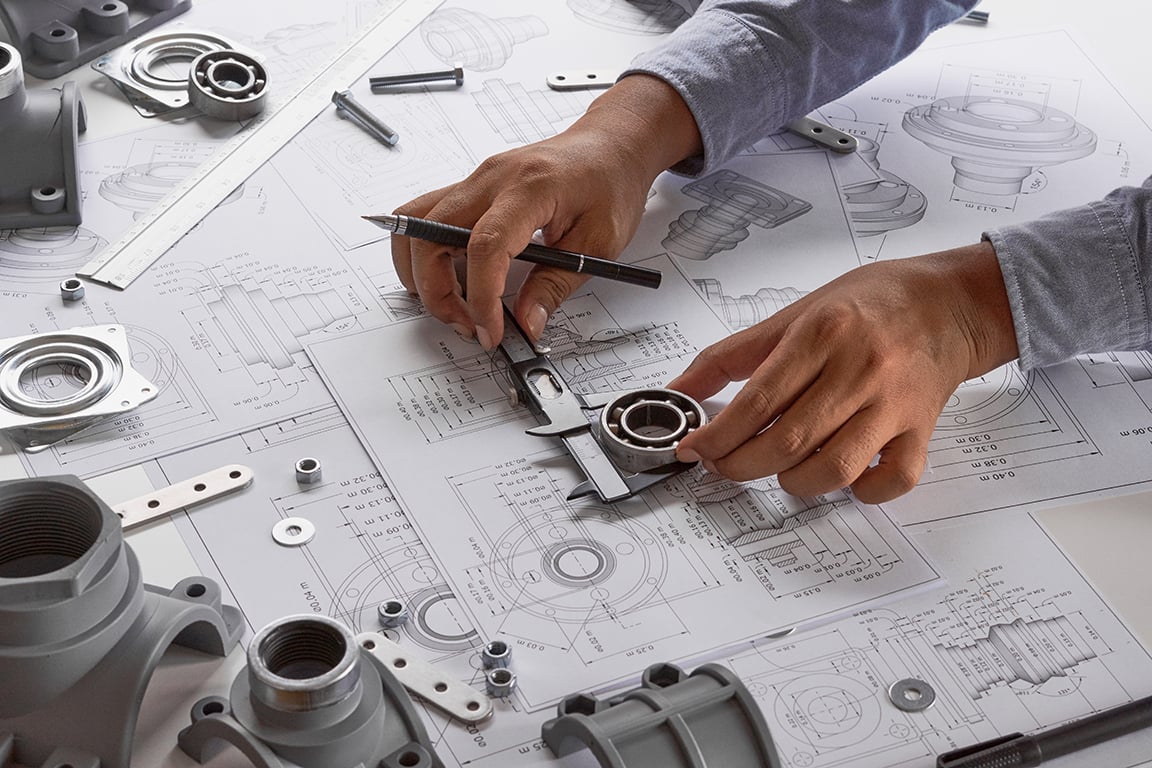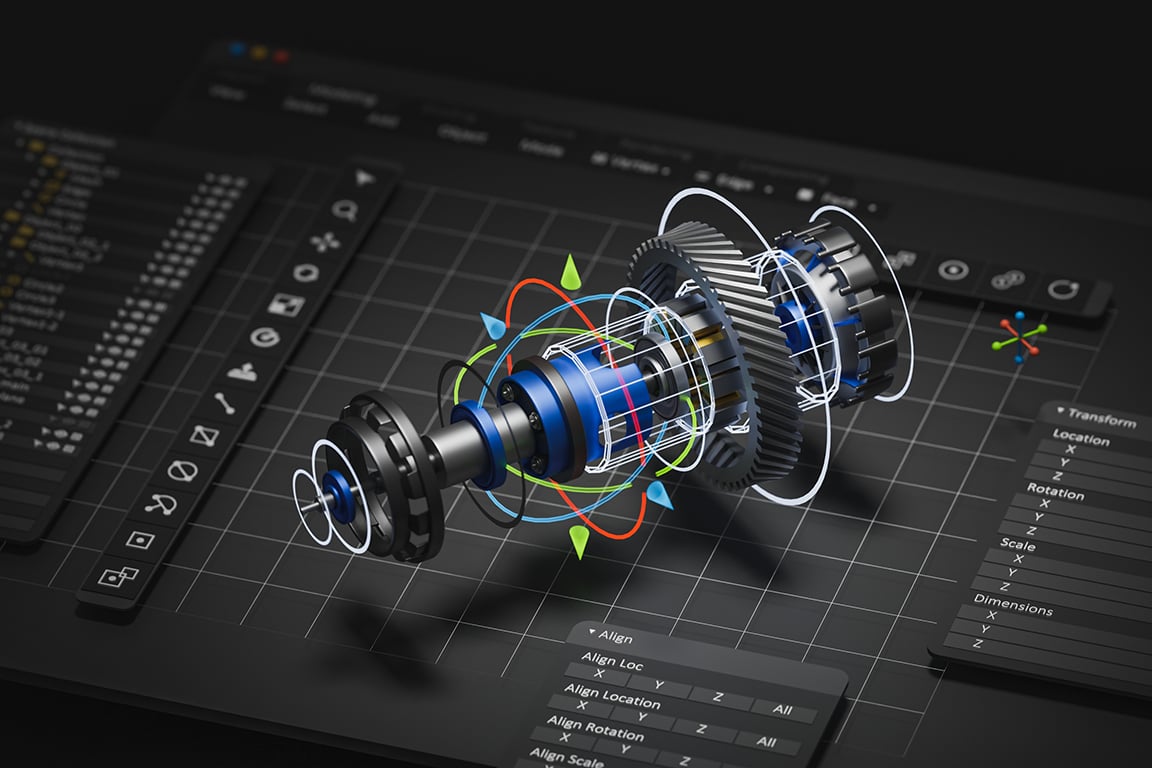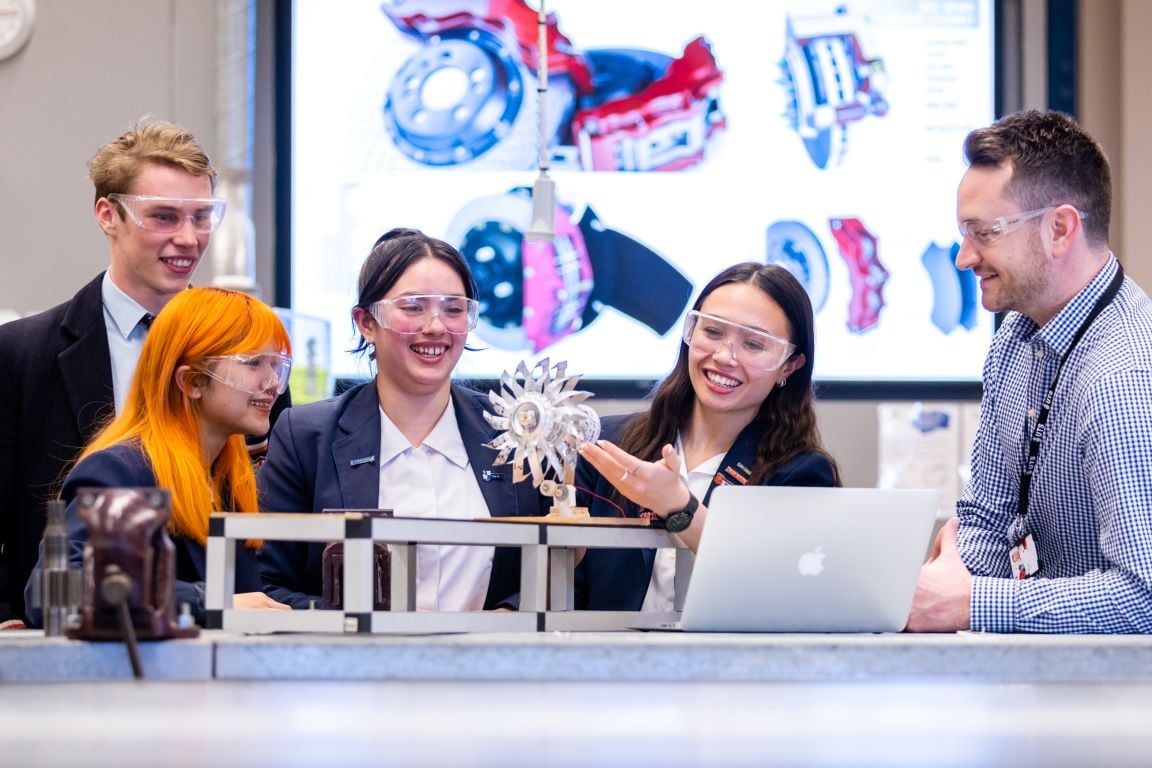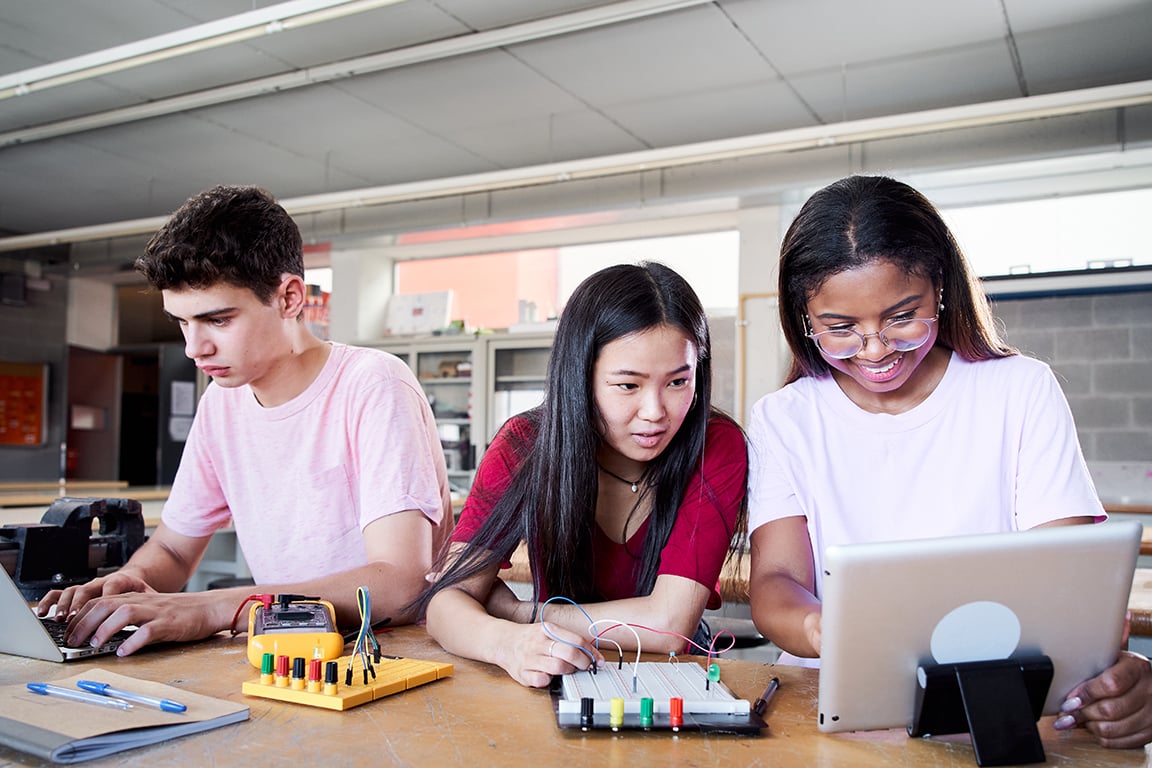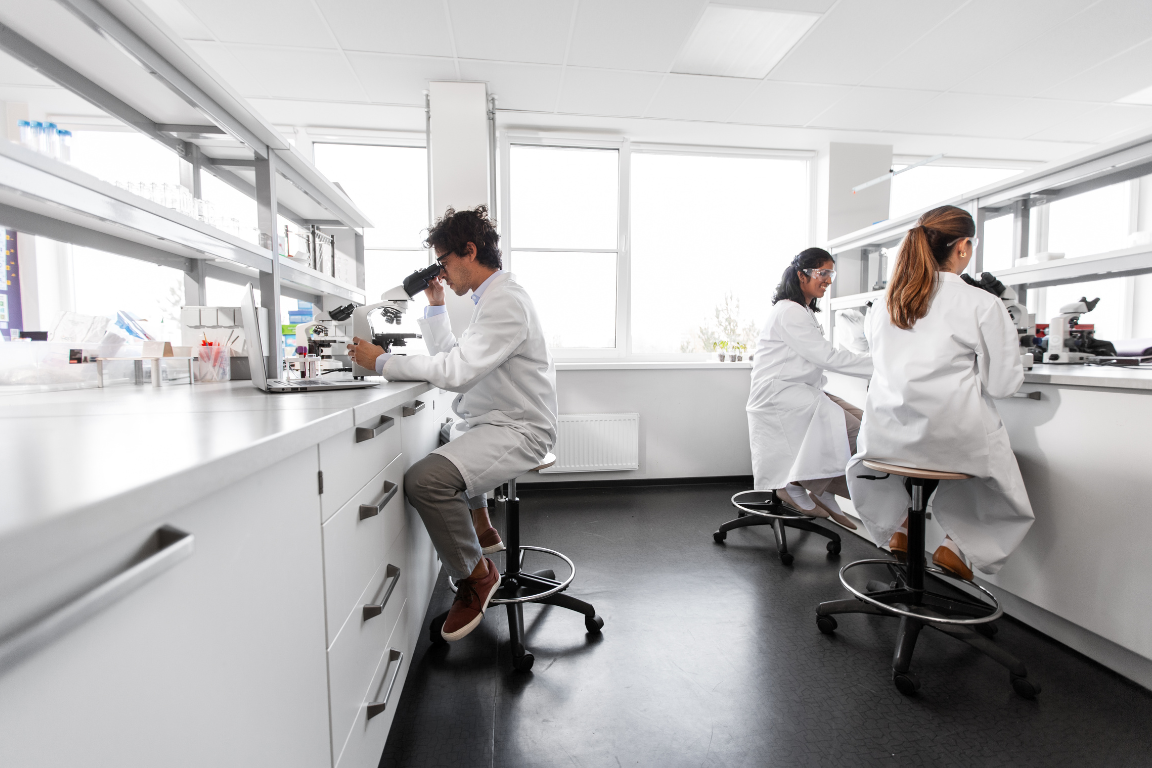This course is structured into four modules. Each module includes self-study materials and facilitated live sessions. The following content will be covered during the course:
- Module 1 – Overview of Reverse Engineering Processes
Understanding of how data is analysed, collected, processed, and manipulated for various end uses.
- Module 2 - Feature Selection and Data Collection for Reverse Engineering
Differentiate between critical and non-critical mechanical features, and collecting appropriate data for digital part reproduction.
- Module 3 – CAD Construction and Refinement of Parts for Reverse Engineering
Digitally constructing parts from manually measured data, and preparing CAD files for 3D printing.
- Module 4 – Evaluation and Validation of Reverse Engineered Models
Evaluate accuracy of parts and learn techniques for validating parts for modification in reverse engineering.
Participants will work with a dedicated course facilitator who will support learning and engagement online, as well as in-person. Teaching resources have been designed by a lead academic and a team of experts from the Faculty of Design, Architecture and Building.
This eight-week course includes self-paced online learning as well as on-campus workshops held in weeks 1, 4 and 7.








